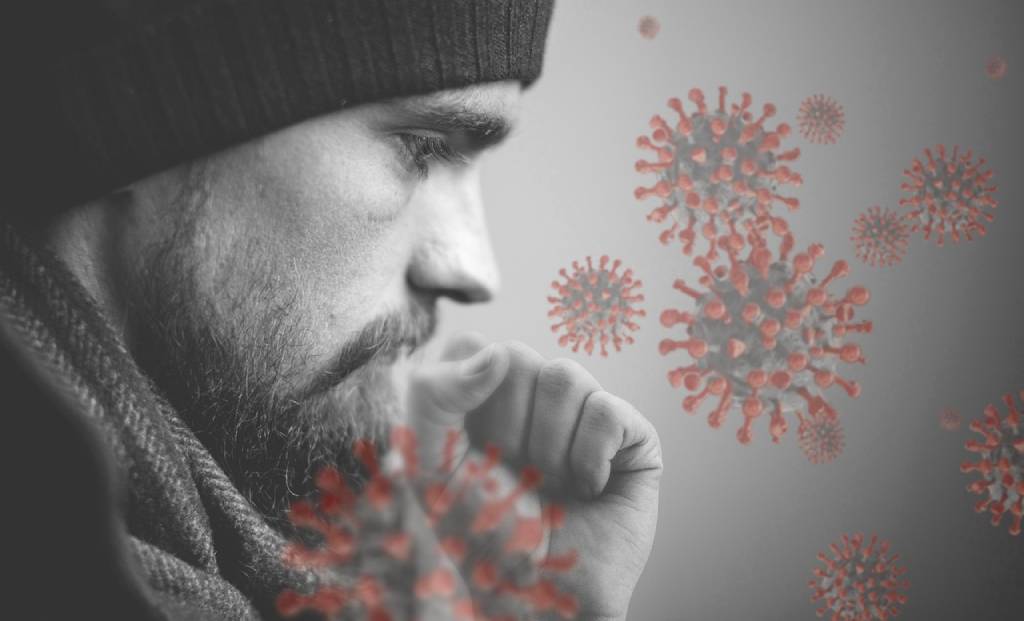New Delhi, 16 December 2024: India, often referred to as the “Diabetes Capital of the World,” has taken a groundbreaking step in combating the growing diabetes epidemic. The Indian Council of Medical Research (ICMR) has established the country’s first diabetes biobank in Chennai, aiming to revolutionize research and treatment for the disease. The biobank is set to become a key resource for understanding diabetes in the Indian population, offering immense potential for advancements in diagnosis, treatment, and prevention.
What is a Diabetes Biobank?
A biobank is a repository that collects, processes, and stores biological samples such as blood, urine, and tissues, along with associated medical and demographic data. These resources are then used for scientific research. The newly launched diabetes biobank will focus on samples from individuals with various forms of diabetes, including Type 1 and Type 2, gestational diabetes, and related complications.
This facility in Chennai is expected to become a cornerstone for studies aimed at understanding the genetic, environmental, and lifestyle factors contributing to diabetes in India’s diverse population.
Why is This Significant for India?
India is home to over 77 million diabetics, a figure projected to reach 134 million by 2045. The disease poses significant health and economic burdens, particularly as it affects individuals at a younger age compared to Western countries.
Genetic Diversity: Indian populations exhibit unique genetic predispositions to diabetes, which require targeted research.
Rising Cases of Early-Onset Diabetes: With lifestyle changes and increasing obesity rates, early-onset Type 2 diabetes is on the rise, posing new challenges for healthcare systems.
Improved Research Capacity: The biobank will provide researchers access to a wide range of samples, facilitating studies on disease mechanisms and drug efficacy specific to Indian patients.
How the Biobank Will Work
The diabetes biobank in Chennai will operate under the aegis of the ICMR, ensuring high standards for sample collection, preservation, and utilization.
Sample Collection: Biological samples will be collected from diabetic patients across the country, representing different age groups, genders, and ethnicities.
Data Storage and Sharing: Alongside the samples, detailed data on patients’ medical histories, lifestyle habits, and genetic profiles will be securely stored. Researchers will have controlled access to this data for various studies.
Focus on Innovation: The biobank will serve as a platform for collaborative research, bringing together academia, healthcare institutions, and pharmaceutical companies.
The establishment of a diabetes biobank is expected to yield several benefits:
Personalized Medicine: Researchers can identify biomarkers and genetic traits associated with diabetes in Indians, paving the way for tailored treatments.
Better Understanding of Complications: By studying stored samples, scientists can gain insights into diabetes-related complications such as kidney disease, neuropathy, and cardiovascular issues.
Development of New Therapies: The biobank will facilitate drug development, enabling clinical trials that address the unique needs of Indian patients.
Expert Opinions
Healthcare professionals and researchers have hailed the initiative as a game-changer. Dr. Balram Bhargava, former Director General of ICMR, noted that the biobank would “transform the landscape of diabetes research in India.” Endocrinologists emphasize the importance of addressing the regional variations in diabetes prevalence, which the biobank will help unravel.
The launch of the diabetes biobank aligns with India’s broader goals to tackle non-communicable diseases (NCDs) through evidence-based interventions. By creating a centralized resource for diabetes research, the country is addressing a critical need in its healthcare ecosystem.
As the facility begins its operations, it is expected to collaborate with global institutions, ensuring that findings from Indian studies contribute to the worldwide fight against diabetes.
The launch of India’s first diabetes biobank in Chennai represents a monumental step forward in addressing one of the nation’s most pressing health challenges. By enabling advanced research and fostering innovation, this initiative has the potential to improve millions of lives. As India grapples with its growing diabetes burden, such forward-thinking measures are crucial for creating a healthier future.









